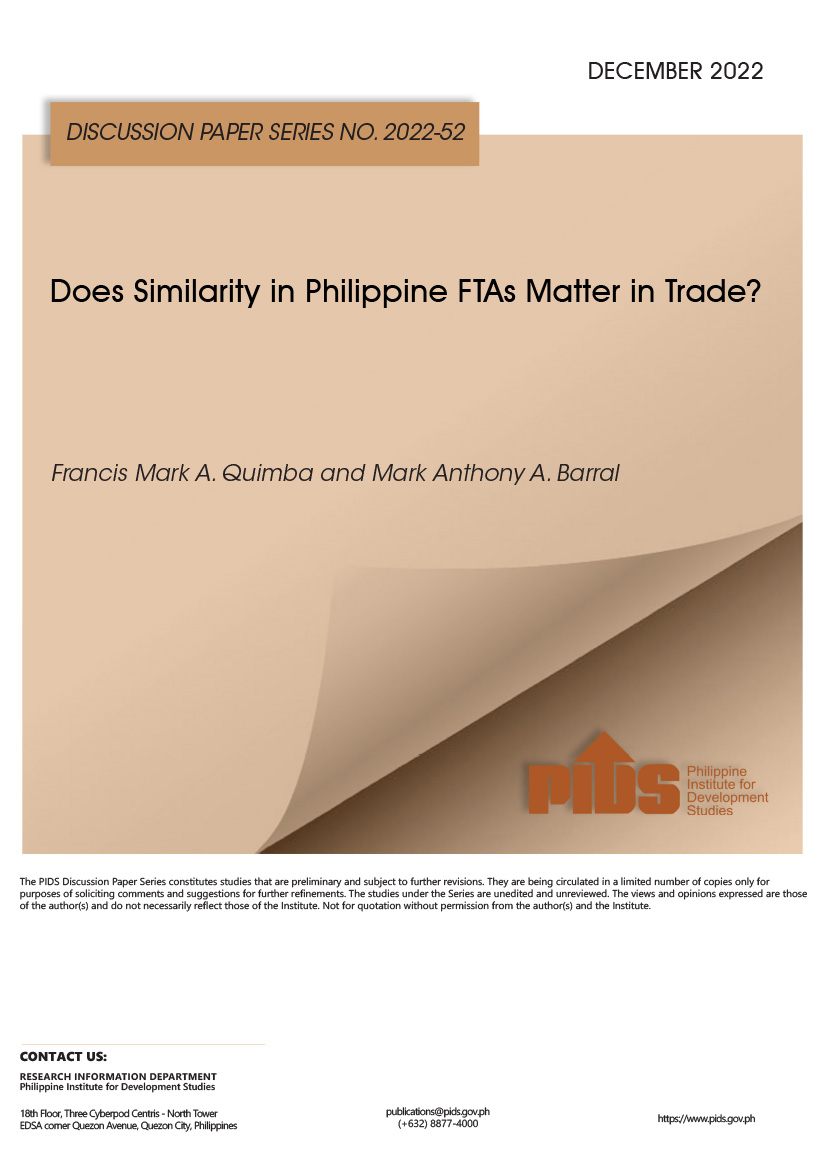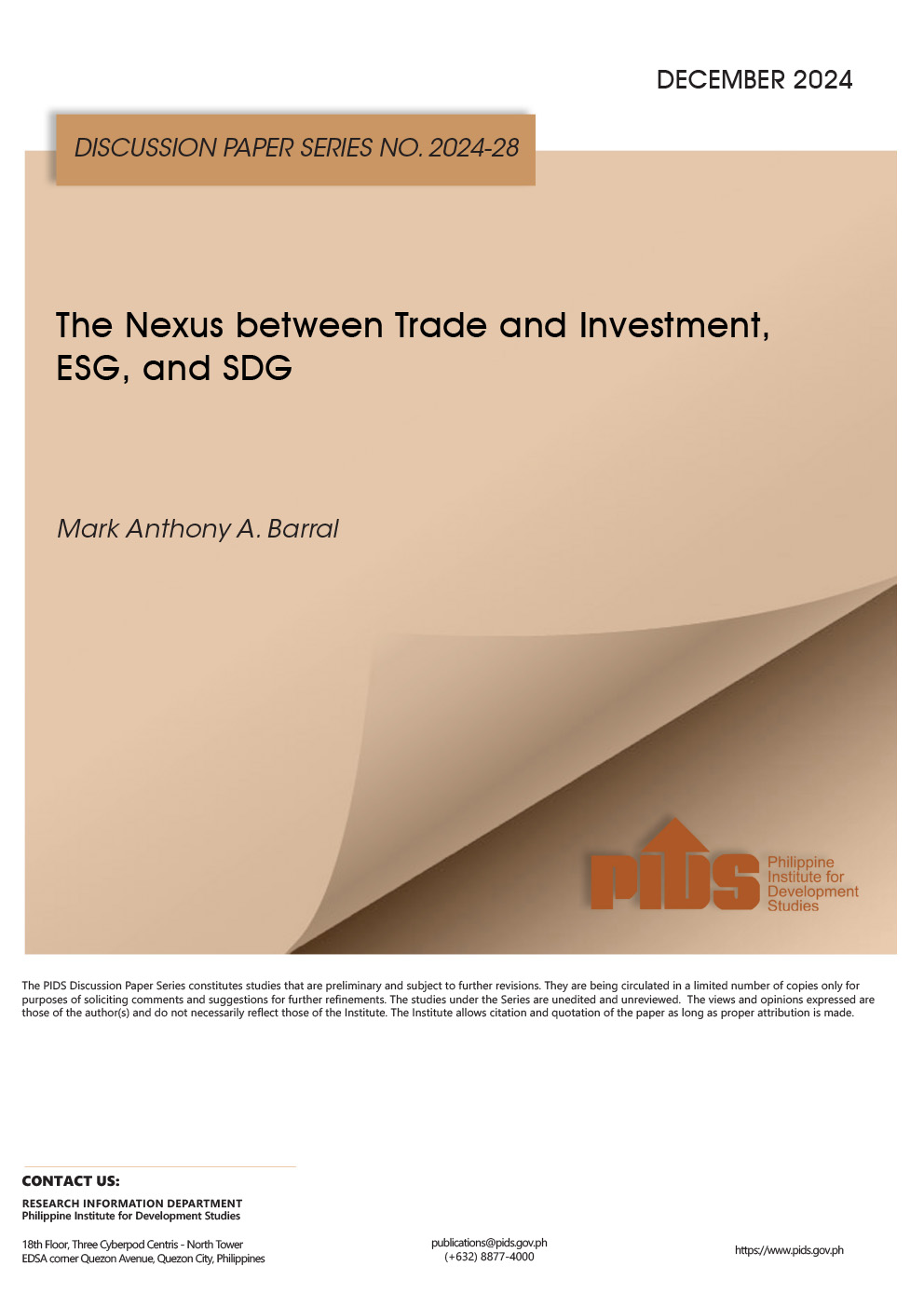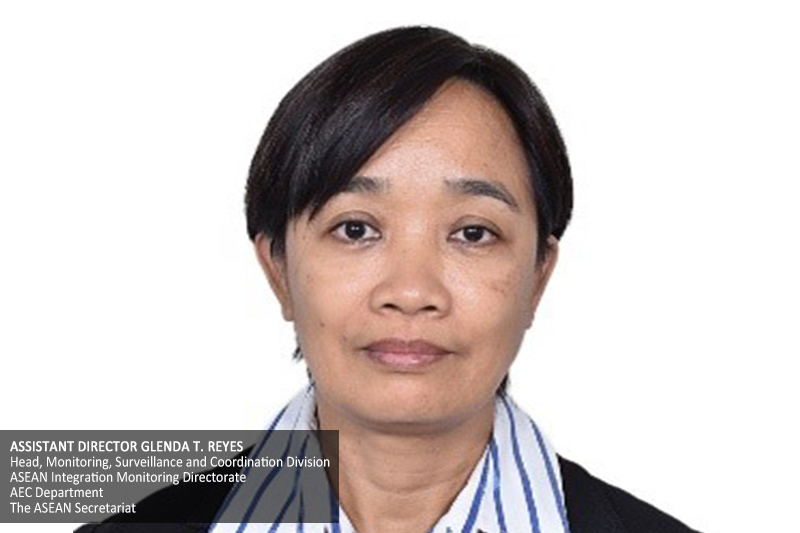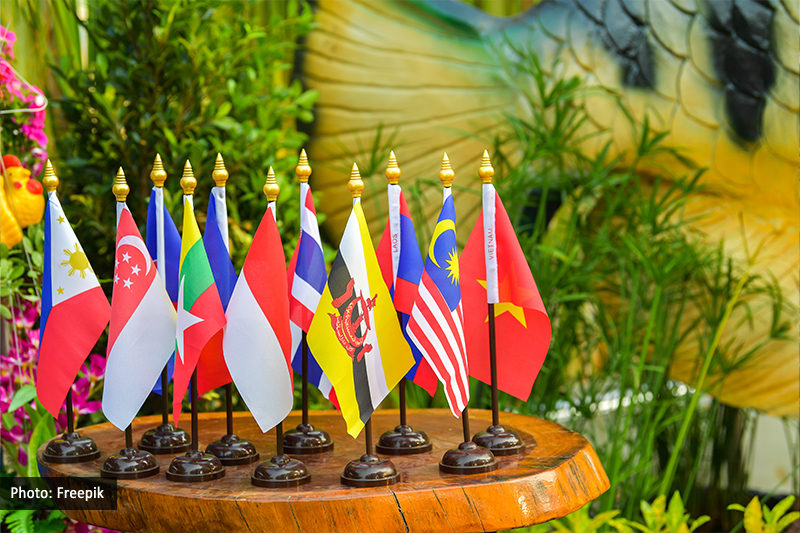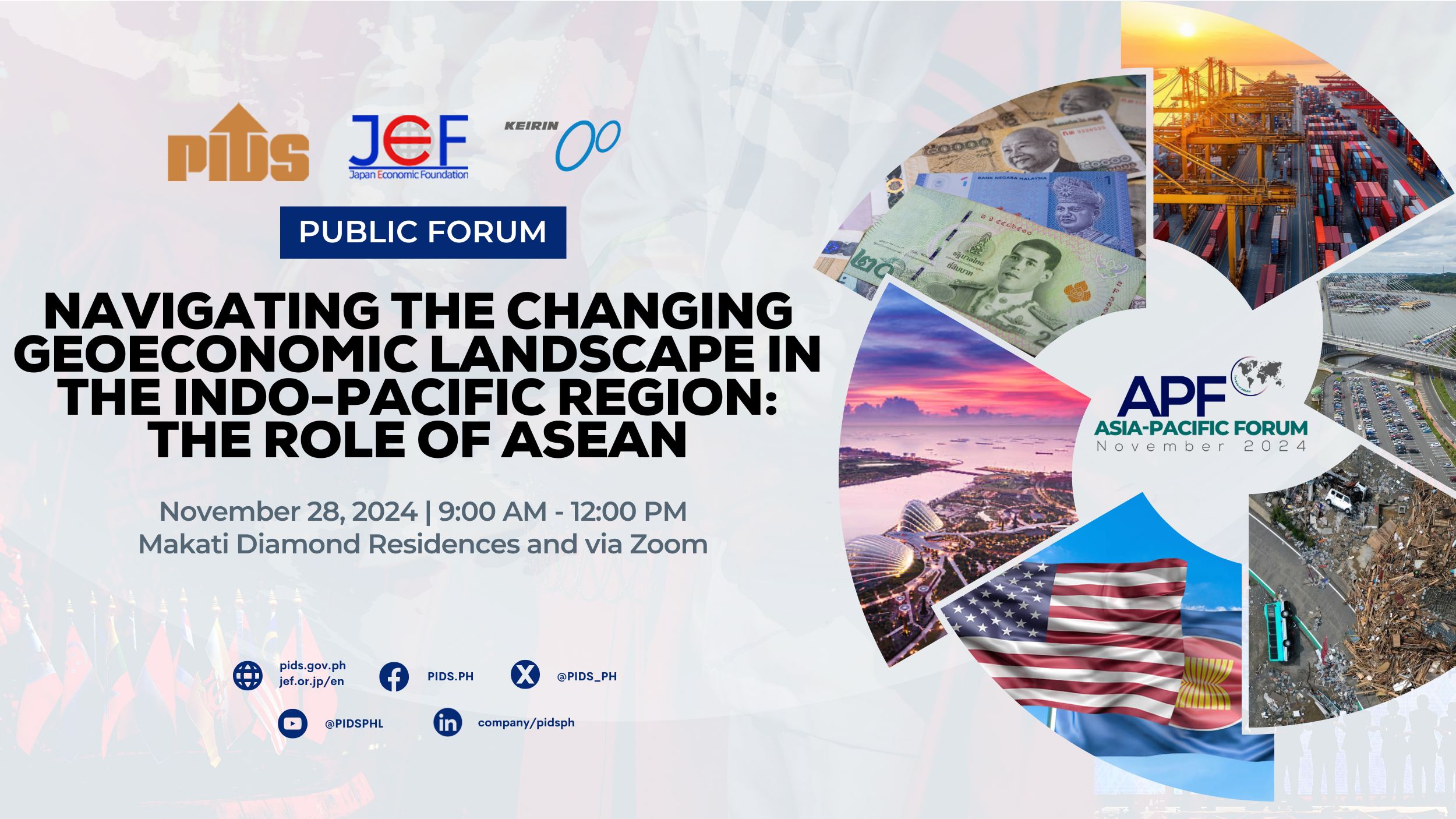During the recently concluded 30th Asean Summit, leaders from the member-nations of the Asean stressed the need to promote transparency of nontariff measures (NTMs) and to resolve technical barriers to trade that have served as obstacles to expanding intra-Asean trade.
In a keynote address in Go Negosyo’s Asean 2017 Prosperity for All Summit, Malaysian Prime Minister Najib Razak urged his fellow leaders in the region to resolve the problem of nontariff barriers (NTBs).
While NTBs and NTMs are not unique to the region, Razak said Asean must lead the way in addressing a “stubborn worldwide problem”. Between 2000 and 2015, Razak said NTBs and NTMs in Asean rose from 1,634 measures to 5,975. This happened at a time when the region was moving toward establishing an Asean free-trade area by bringing down tariffs on more than 99 percent of goods produced in the region to a range of zero percent to 5 percent.
In a study released recently by the Philippine Institute of Development Studies (PIDS), the government think tank noted that the NTMs being implemented by Asean countries hike costs for exporters. While some of the NTMs are intended for justified reasons, such as sanitation and health, environment, security and consumer protection, the government think tank said there are “legitimate” concerns that many NTMs are effectively working as trade barriers that are protectionist in nature.
Member-countries are currently finalizing a work program on the elimination of NTBs and NTMs. This work program would include the process of verification and cross-notification and updating of the working definition of NTMs and NTBs in Asean, as well as the setting up of a database on all NTMs maintained by member-countries. This endeavor would be tedious, given the need to work with each Asean member.
In speech, the Malaysian Prime Minister said Asean is projected to be the world’s fourth-largest economy by 2030 with a GDP amounting to $9.2 trillion. Before this could be realized, however, Razak said NTBs and NTMs must be slashed by 50 percent. Apart from eliminating NTMs and NTBs, he said Asean is establishing a National Single Window that will be seamlessly linked to the Asean Single Window and is standardizing customs procedures.
These initiatives will take time so it is imperative for member-countries to act with a sense of urgency if they want to unlock the full potential of intra-Asean trade. Razak was on point when he said it is imperative for member-countries to shoot for economic success so property and wealth can be distributed and shared to citizens. And the expansion of trade will certainly help Asean states achieve their goal of boosting their respective economic growth.

